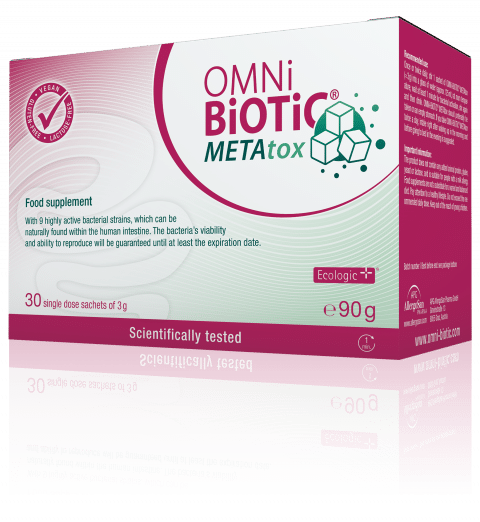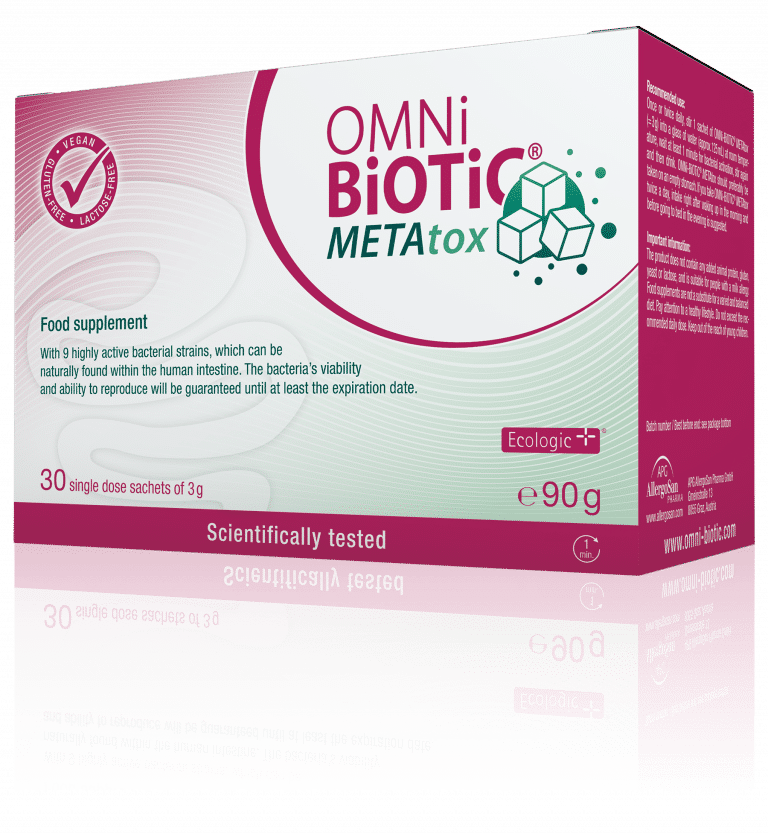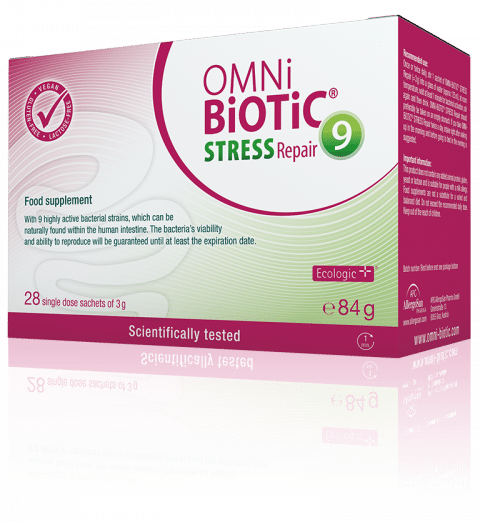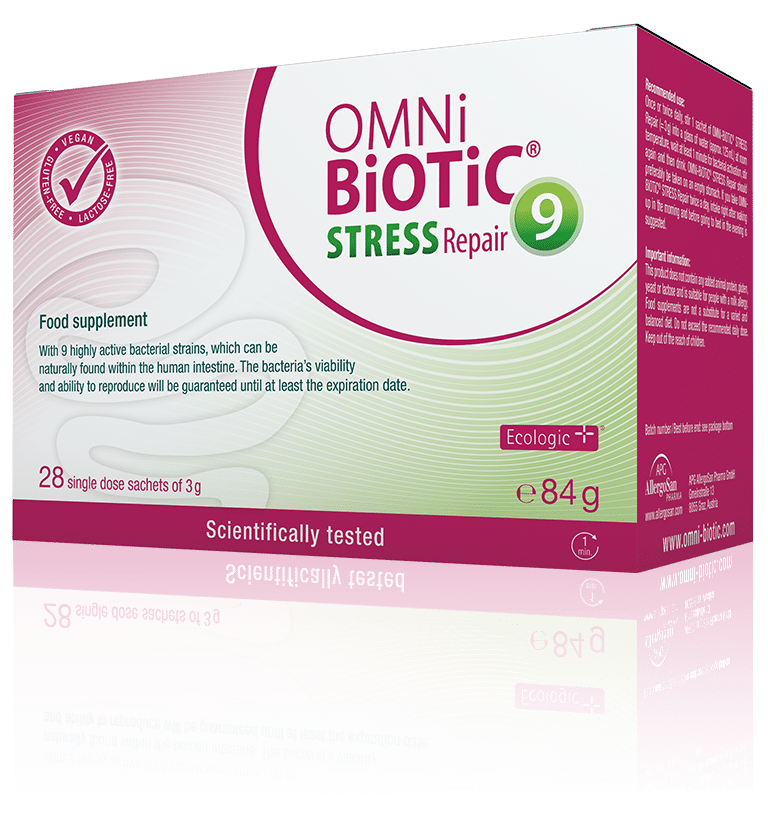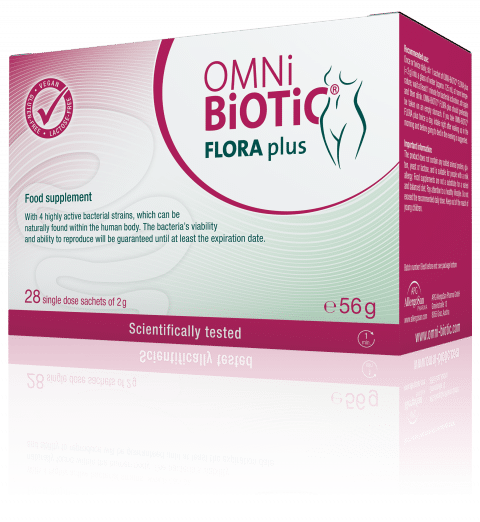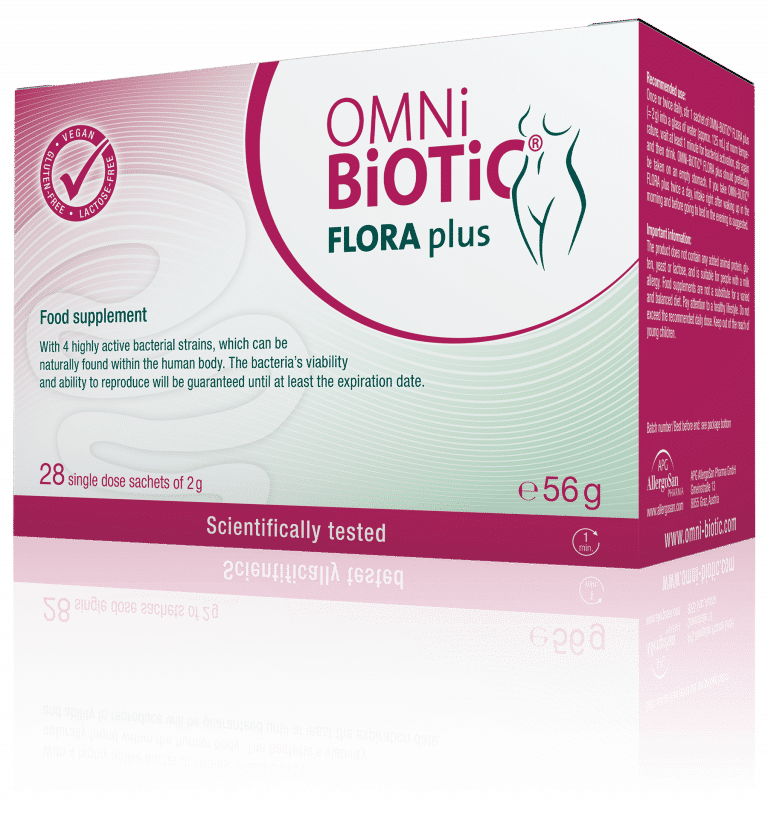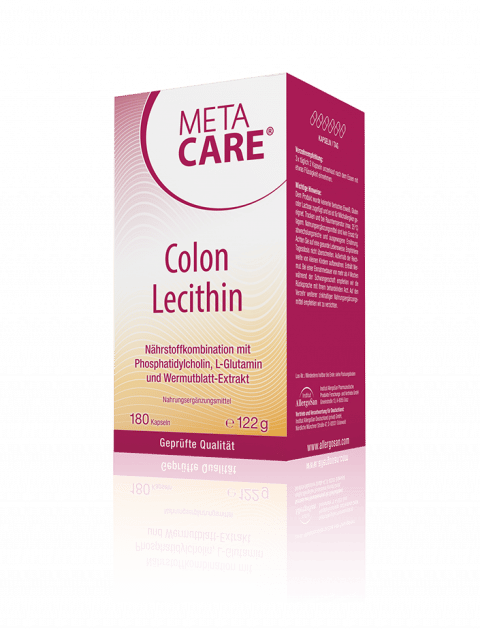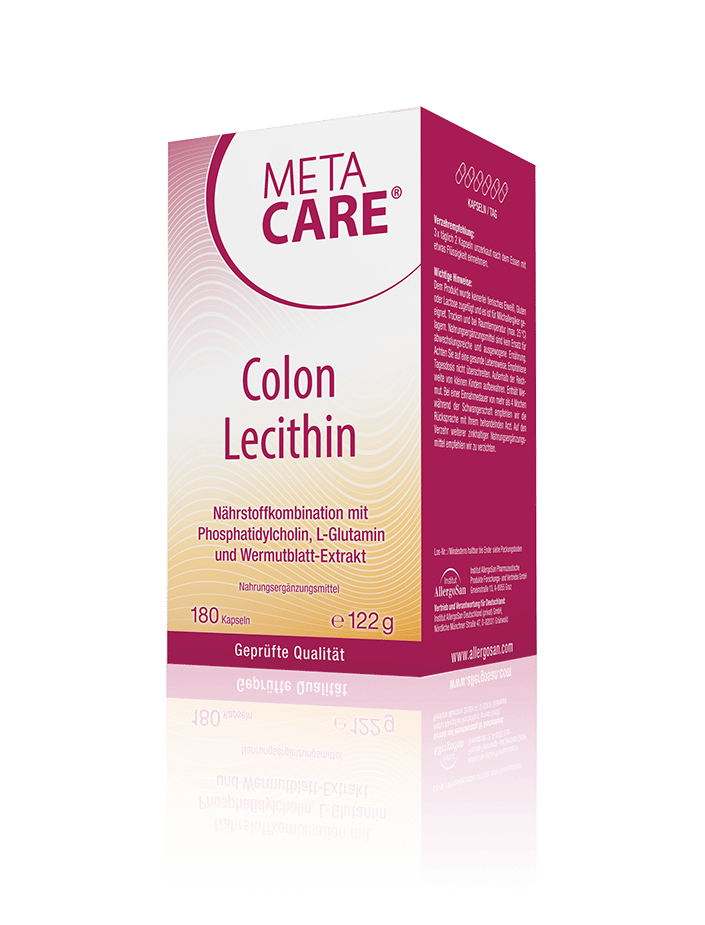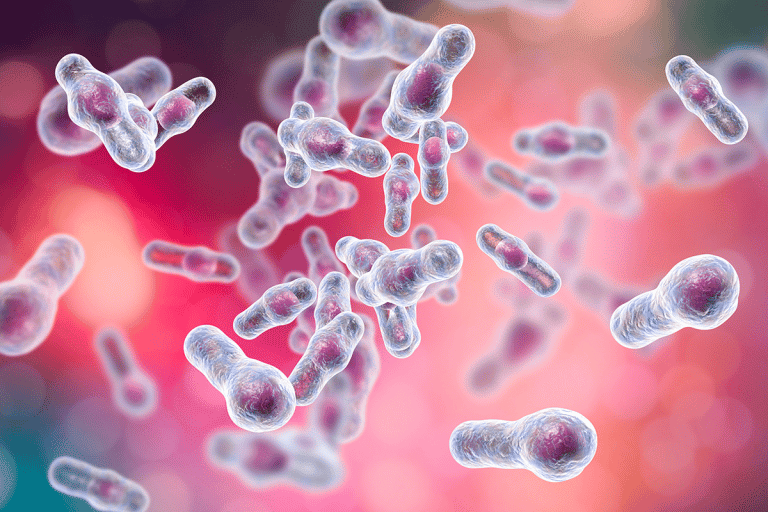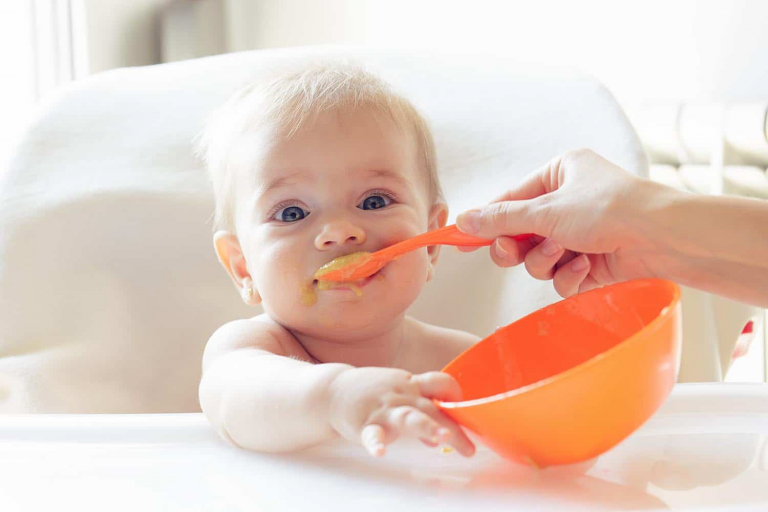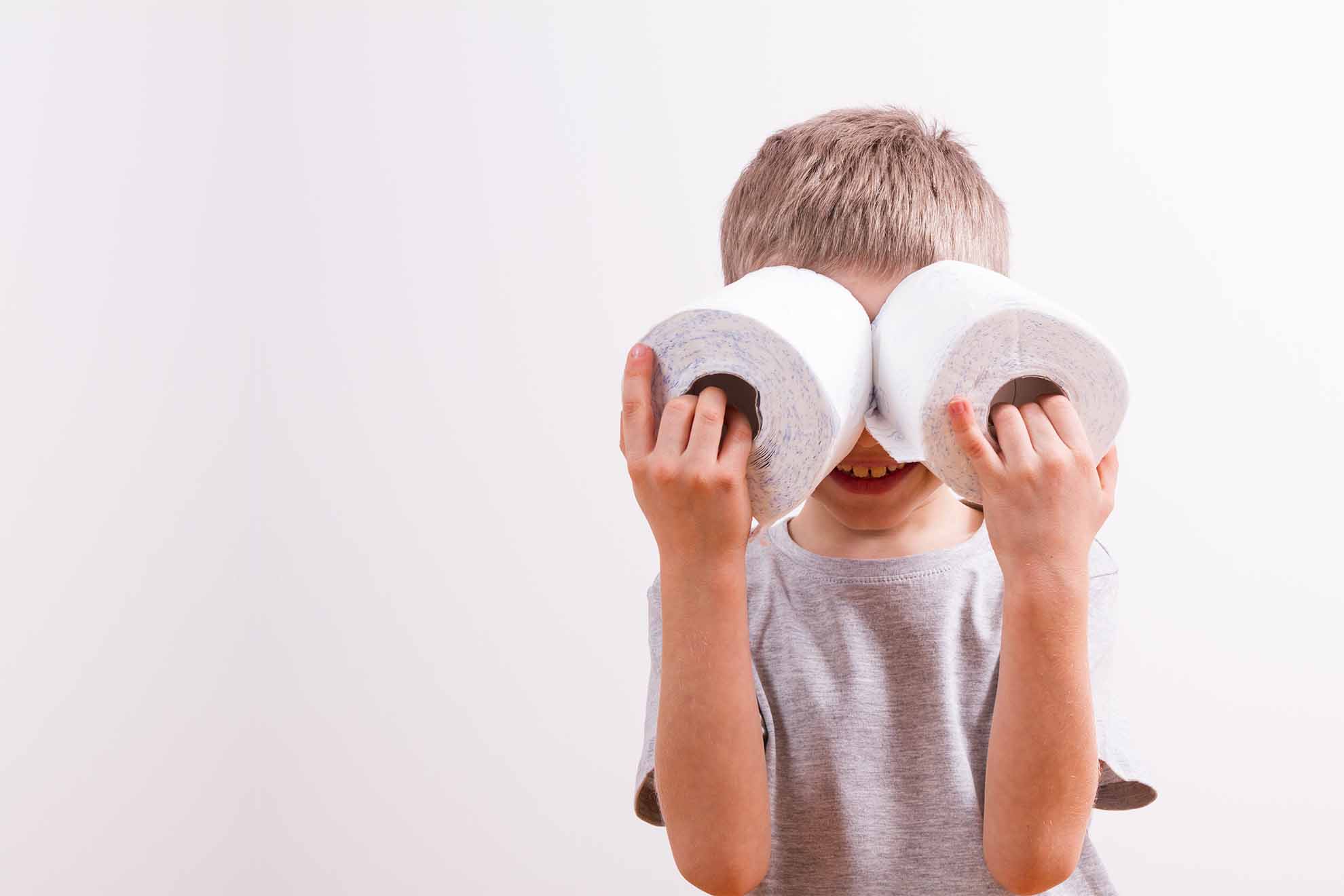
Digestive Problems in Children and Babies
Diarrhoea and constipation
How do you deal with digestive problems in children? Many children don't tell you when they can't go to the toilet, and there are many reasons for this.
From nappy age onwards, the observation of digestion is an important source of information for you as parents about the well-being of your child. You notice diarrhoea immediately and it seems immediately threatening. Constipation is logically noticed a little later, but you should take care of it just as much. But how? Constipation is a functional disorder of the intestines in which stool is delayed or not completely passed. Young children and schoolchildren often get problems with defecation when going to the toilet is perceived as unpleasant or even painful. They then react by holding back their stool. This can have physical and/or psychological causes.
Sensitive children can, for example, react with stool retention if they feel they are being watched too closely, e.g., in kindergarten due to doors that cannot be locked. However, nutritional errors such as too much sugar or too little fibre (such as vegetables), too little fluid or a change to a solid diet are more often responsible. According to studies by the University of Amsterdam, a disturbed intestinal flora of the parents is also a possible cause. Lack of exercise and stress can also lead to constipation.
Causes of constipation to be clarified medically
Less frequently, constipation is caused by health conditions such as diabetes, hypothyroidism or congenital defects that can be clarified by a doctor. Medication such as antidepressants, drugs against epilepsy, asthma and heartburn, as well as antidiabetics, promote sluggishness of digestion practically only in adults. Parents should become attentive if their child produces only very small amounts of stool over a longer period of time or if constipation lasts longer than 3 days. The same applies if there is blood in the stool and the child experiences pain when defecating.
How do you stimulate sluggish digestion in children?
Natural, efficient and without habituation effect are probiotics on the one hand and fruit extracts from papaya on the other. Useful probiotic bacteria lower the pH value in the intestine by producing lactic acid, which makes it easier for them to break down food and transport it further. Preparations from papaya increase the activity of enzymes in the intestines, leading to more frequent bowel movements and softer stools, preventing pain. In addition to these integrative medicine approaches, a fluid intake of at least two litres of water per day, abdominal massages, enough time on the toilet (never rush a child to go to the toilet!), a regular daily routine, plenty of exercise and a diet rich in fibre also facilitate defecation.
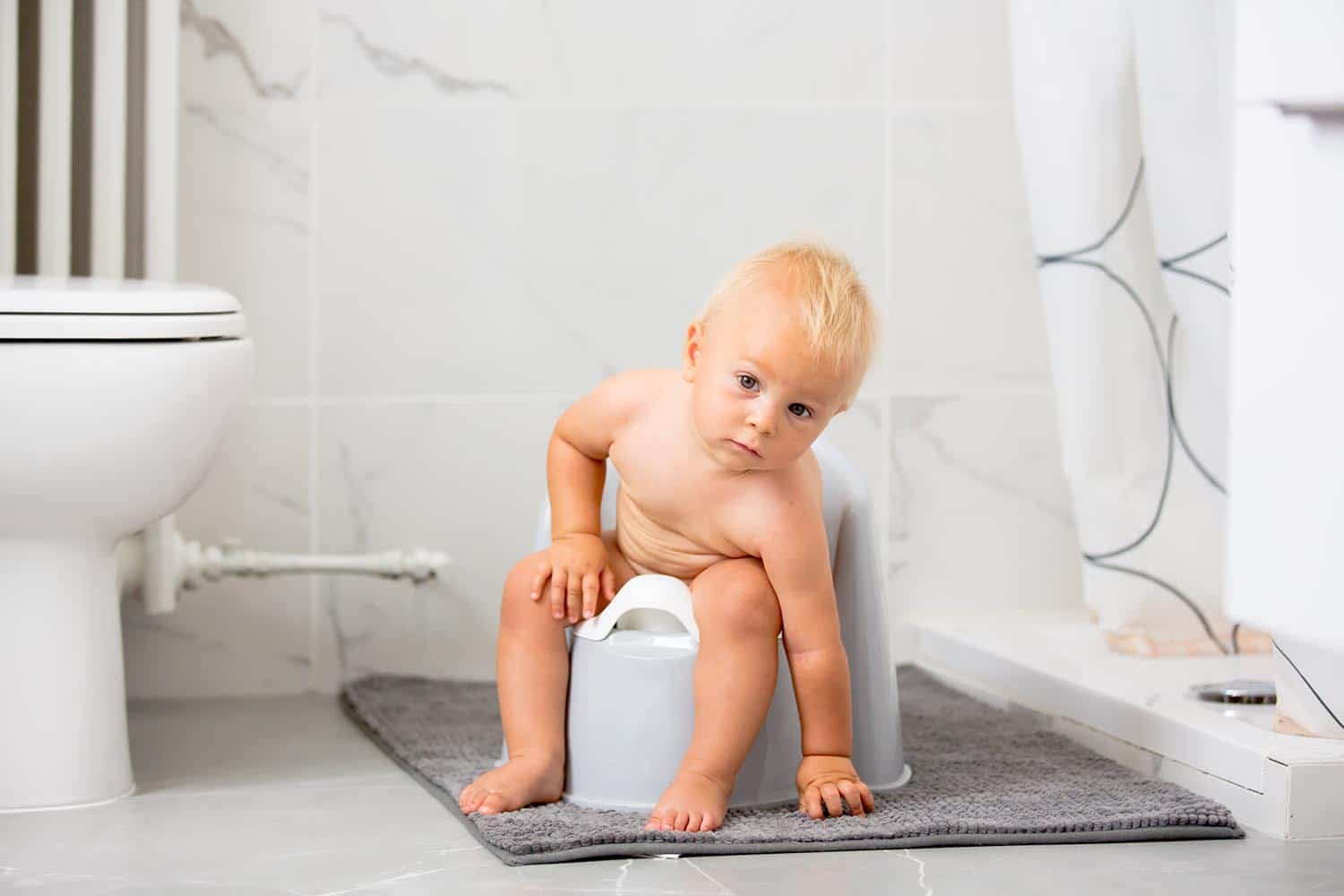
„There are already studies that show that the administration of probiotics and synbiotics can even have a positive effect on both the physical and mental development of the children.“
3-Month Colic
What are the symptoms of colic and how do these attacks of pain differ from normal crying episodes? And what can I do to help my baby?
Colic is the name given to bloating that occurs in babies in the first 14 weeks of life and triggers intense bouts of crying. Parents hold their babies in their arms for hours, often losing the battle and wanting to cry with them. The pain-stricken babies are difficult to calm down and need all their parents’ patience.
Recognising colic
Colic causes a baby to experience severe pain. This is distinguishable from the harmless crying spells typical for babies, which usually start in the evening between 5 and 8 pm. These are also difficult to calm down and even breastfeeding and a warm bath usually only have a brief effect. However, if the baby is suffering from colic, it is clearly recognisable that he or she is not feeling well. The baby’s head may be red or his facial skin extremely pale, and beads of sweat may appear between their eyes or on their forehead. The belly is bloated and hard – like a drum. The "classic" symptoms of colic are also jerky movements that alternate with periods of rest and occur throughout the day.

How can I help my baby?
With colic, most of the time nothing and no one seems to give the baby relief. Holding, coaxing, and stroking are of little help. Try to hold the baby in such a way that his abdominal muscles relax, e.g., over your shoulder with the head hanging and legs moving freely, and their back should be round. Keeping regular feeding times, i.e., feeding every three hours can help prevent this. The reason: breast milk needs about this time frame until it is completely digested. Every fresh sip added to the incomplete fermentation process can trigger discomfort.
Avoiding foods that cause digestive problems for the mother also helps to relieve the baby's bloating. If you, as a breastfeeding mother, experience bloating, e.g., by drinking cow's milk or products with yeast, then there is a very high probability that the newborn baby will react similarly. According to the motto: If you are well, your baby will be well too! Moreover, the intake of special probiotics can prevent colic, as a recent study has shown.
Stressed children and their digestion
Every sixth child feels overwhelmed in their daily life. School is the number one stress factor here. Arguments with friends or classmates put pressure on the child's psyche, as do quarrels in the family or a separation of the parents. If children are constantly under pressure, parents may notice this through various signs: problems falling asleep and staying asleep, restlessness, aggressiveness, or frequent crying. Some children don't want to eat at all, others console themselves with excessive food intake. Here the intestines also react to the constant tension with bloating, diarrhoea, or constipation.


